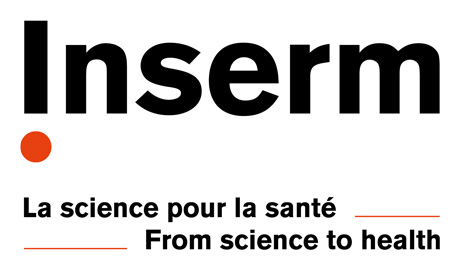DETAILS OF THE OFFER | Working place: CNRS Missions: Acting jointly toward a shared goal often requires that decisions from one partner incorporate expectations about the other's decisions. We propose to study this question using a multidisciplinary approach (neuro-robotics), and this thesis is part of the neuroscientific part of the project.
As far as individual decision-making is concerned, the neuro-cognitive basis of how animals adapt their behavior to the rewards and efforts they have (themselves) experienced has been well characterized. However, the neuro-computational architecture of joint decision-making has yet to be elucidated. We have yet to discover how the rewards and efforts of others are represented in the brain and how they causally influence behavior.
In this thesis, your aim will be to study, in a two-mice operant conditioning protocol, how one mouse evaluates the rewards and efforts of the other mouse. A first aim will be to carry out conditioning experiments varying effort and reward, in order to develop a computational model (inferring what the mouse must "compute" to achieve its behavior) accounting for these experiments. The project could then focus on one or more of the following aspects:
- Neural correlates of joint actions (electrophysiology)
- The causal role of brain structures of interest (chemo- or opto-genetics)
- The role of genetic or environmental factors
In all cases, the research undertaken in this thesis will include behavioral experiments in mice, computational modeling, and biological manipulations; but to different degrees depending on the direction that we take. As this thesis will be carried out in a multidisciplinary collaboration, the PhD student will also have the opportunity to learn about robotics. Thus, you will have the opportunity to study how computational and robotic modeling can help to better understand the brain and behavior.
Tasks will include reviewing the literature, conducting behavioral experiments and programming automated experimental setups, developing new mathematical decision-making models, data analysis, stereotactic surgery and histology, writing scientific articles and presenting your work at scientific conferences and public events (laboratory visits, communication to the general public, etc.).
Qualifications: Requirements
For this position, you should meet the following requirements: - Master's degree or equivalent in neuroscience, cognitive science, or related disciplines.
- Programming skills (or strong interest)
- Keen interest for animal behavior and well-being
- Proficiency in spoken and written English
- Scientific curiosity and desire to work in an interdisciplinary project
- Intellectual rigor and proactive attitude
One or more of the following would be a plus:
- Previous experience in animal behavior
- Previous experience neurocomputational modeling
- Previous experience with developing behavioral setups
- Previous experience with statistical or model-based data analysis
+info |





